The Football Kenya Federation (FKF) has started the consultation process with stakeholders to discuss proposed constitution amendments of the local association.
The Caretaker Committee through the Legal Standing Committee has proposed amendments to 17 clauses in the FKF Constitution 2017, while the public awaits.
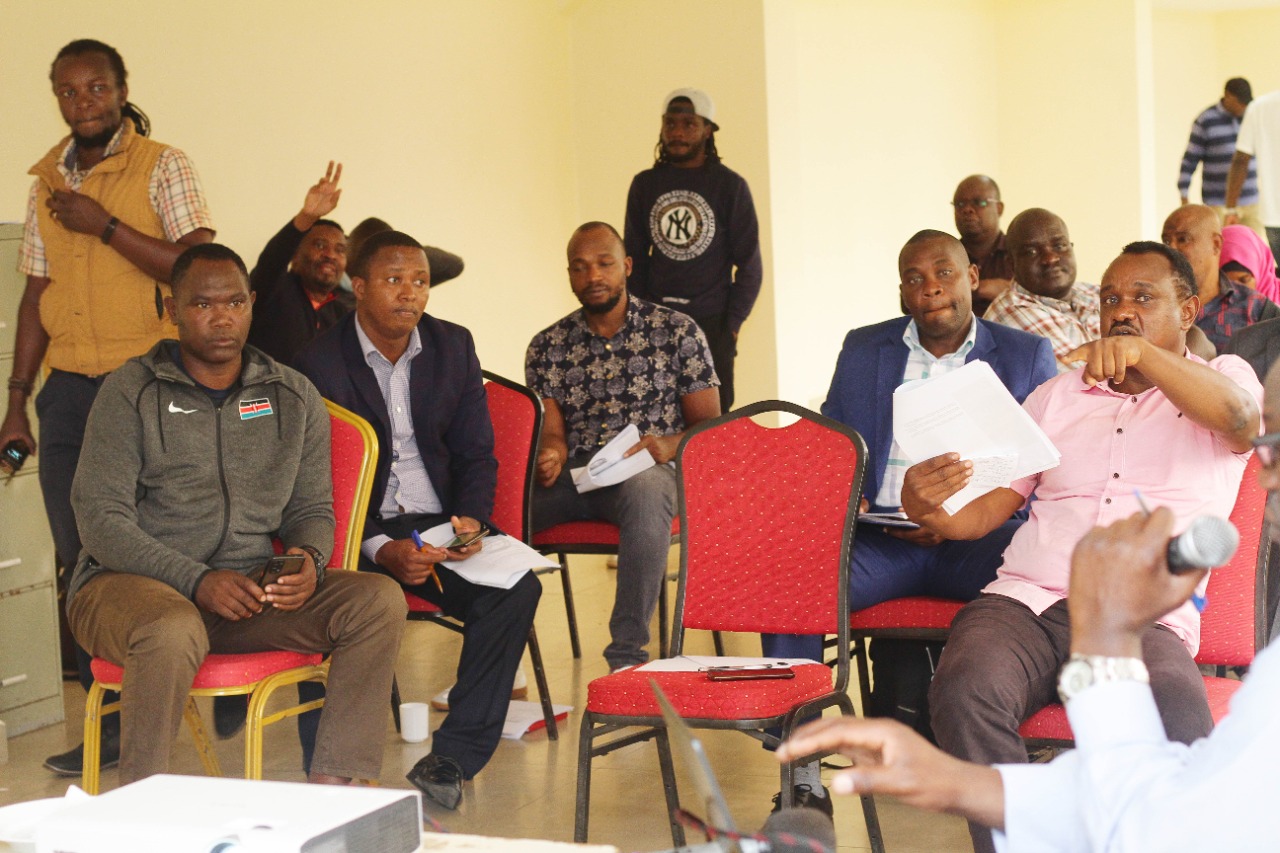
Retired Justice Aaron Ringera, the FKF Caretaker Committee Chairperson, hosted a meeting on Thursday at the Nyayo Stadium, which was attended by FKF Premier League clubs.
Among the proposed changes to the 2017 Constitution and Rules of FKF include governance, accountability and leadership.
Read More
The Legal Standing Committee led by Lawyer Edward Rombo mentioned sensitive areas such as the structure of membership to include Kenya Primary School Sports Association, Kenya Secondary School Sports Association and Kenya Colleges & Universities Sports Association as members of the FKF family and with voting rights.
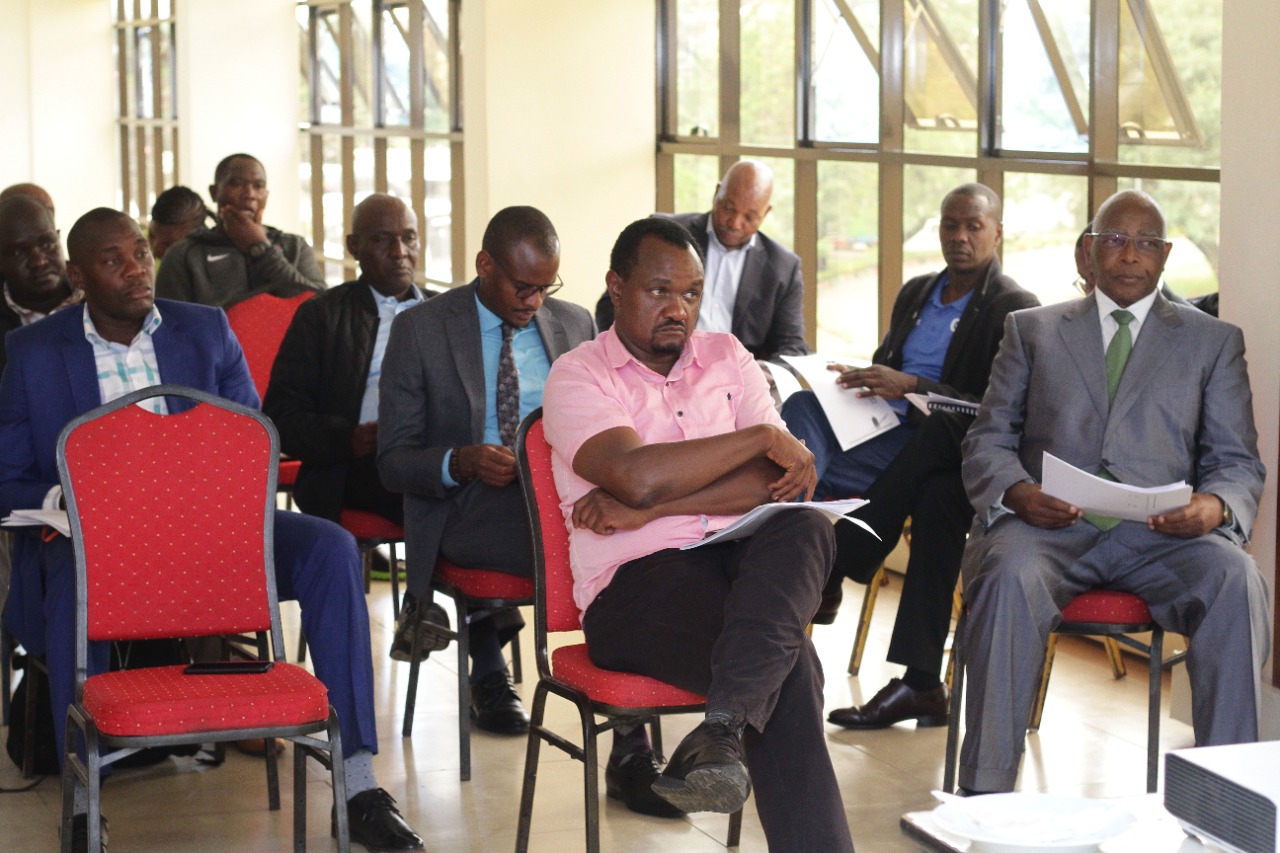
Also key amongst proposals is the Members Obligations with Clause 14 (1) (C) talking directly on members' rights to convene the General Assembly at regular intervals, as a general rule that at least once a year on or before March 31 in March of every corresponding year.
Clause 14 (1) (C) also talks about any disputes arising and requiring arbitration involving itself or one if its members relating to statutes, decisions and directives of FIFA, CAF, CECAFA or FKF shall be pursued using internal mechanisms.
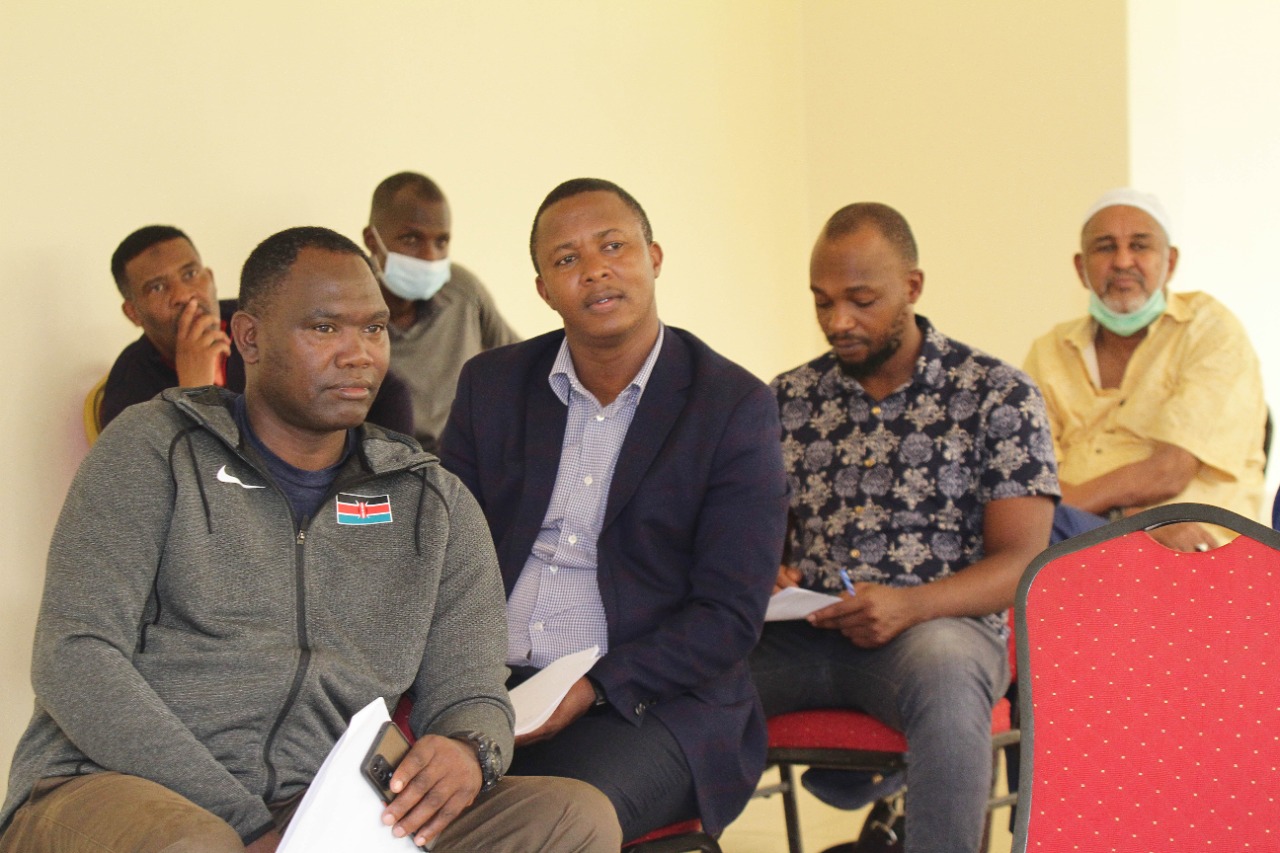
Ringera said that it was the beginning of making football in the country orderly.
“We want that going forward our football can improve through things like structures, technology, management and leadership. The foundation has to begin with the constitution, which if implemented fairly and effectively, will go a long way in ensuring order,” Ringera said.
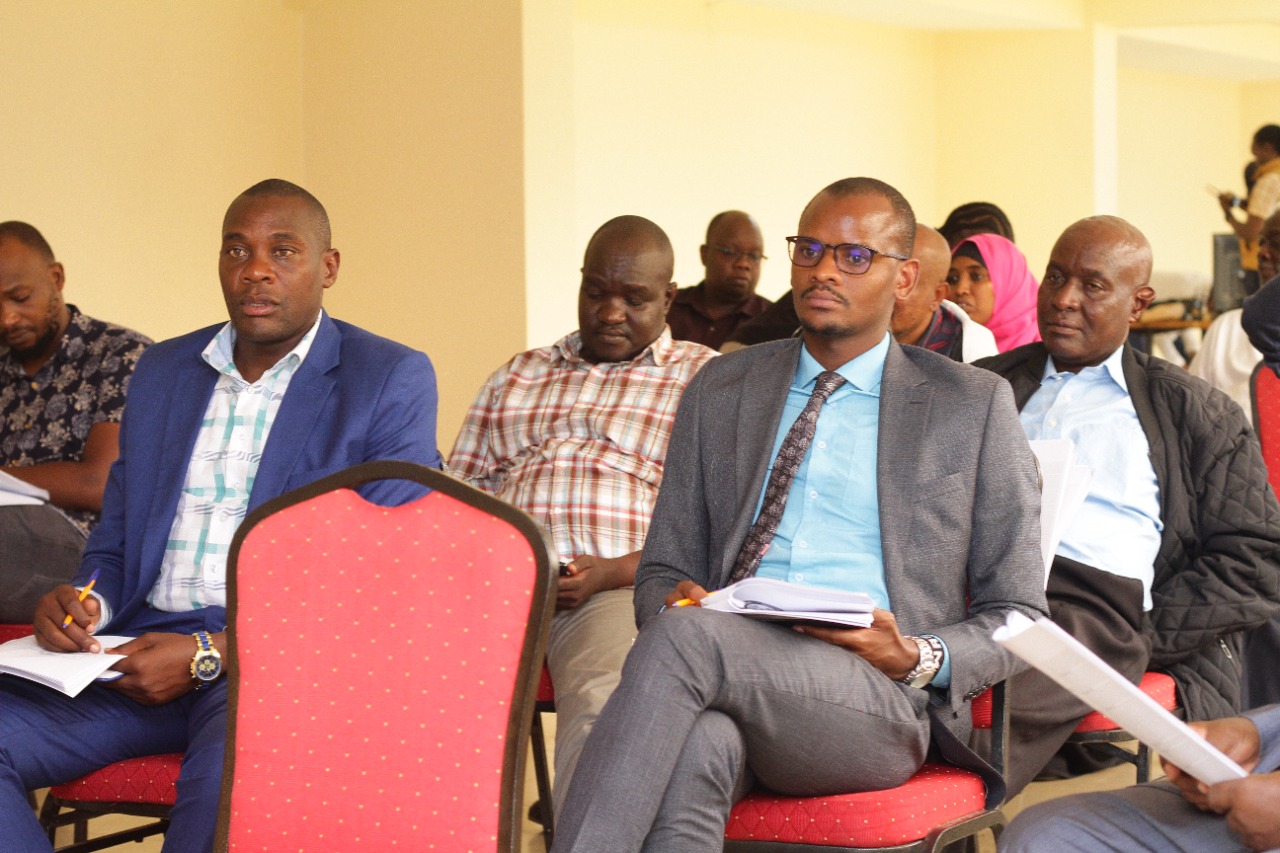
“As it is now, the current 2017 Constitution does not comply with the Constitution of Kenya and Sports Act and this is why we had to sit and agree on changes that will help football thrive. Transparency is key and so this had to be put in mind. The FKF members, which are clubs are essentially the owners of the game and so in areas like the composition of the General Assembly, it is important to be just and balanced. We will be consulting all stakeholders over this week before putting together a final document that is satisfactory.”
The proposed changes included Article 42 which states that the FKF president would be expected to publish or cause to be published the audited accounts and executive summary of the president's annual activities report in at least two newspapers at least 30 days before the Annual General Meeting failure to which, it is proposed that the president will automatically be suspended for three months.
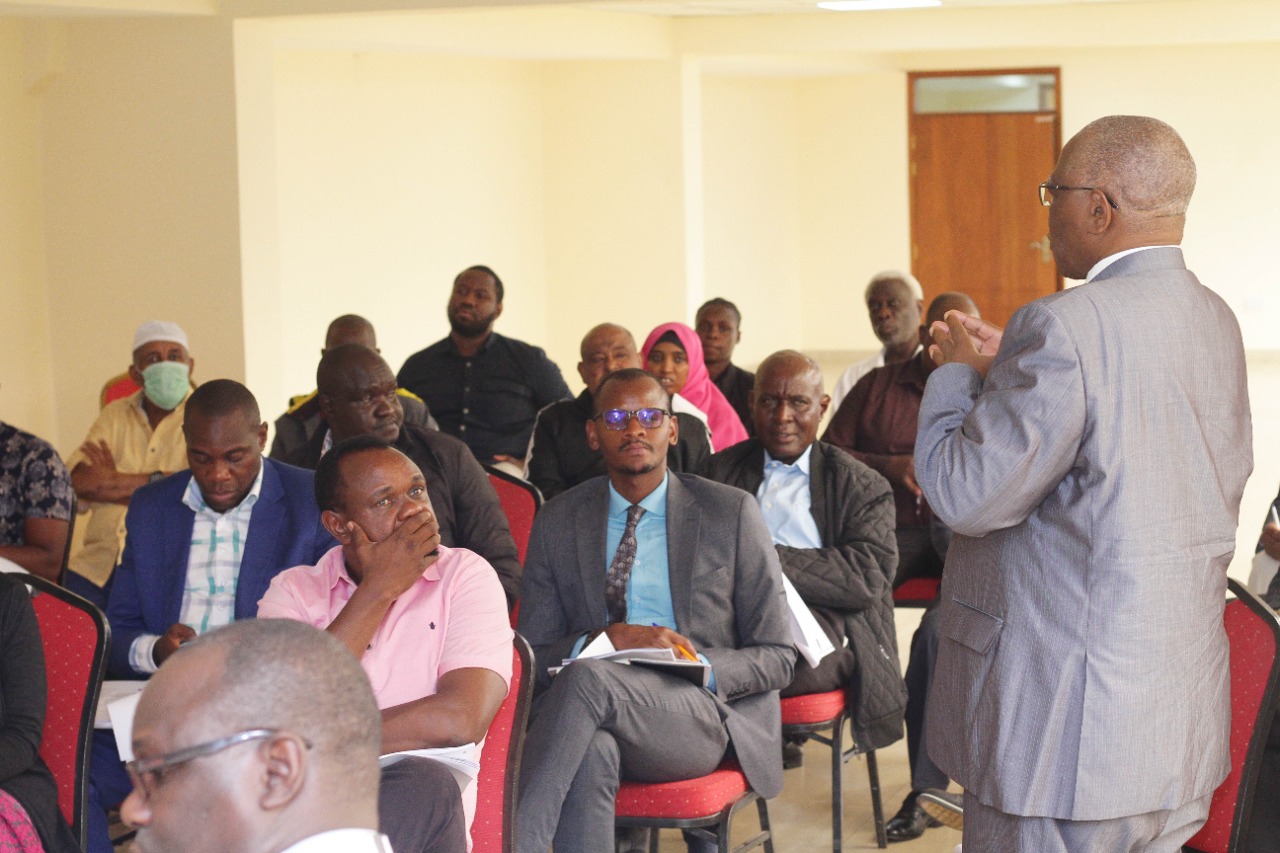
The head of the Caretaker’s Legal Standing Committee Edward Rombo, drew attention to the need to change the Electoral code, citing several encounters with errors in the Constitution and so it was necessary to sit and work on rules, especially within the Electoral code.
Clause 3 of the Electoral Code of FKF Amendments, Article 3 that now touches on Voter eligibility has been amended to state that each of the FKF Women Premier League Clubs shall be eligible to vote" and Clause 4 says as an amendment the phrase “representatives from the women's national division one league comprising the teams ranked from number 1-6 in each of the two zones of the League.
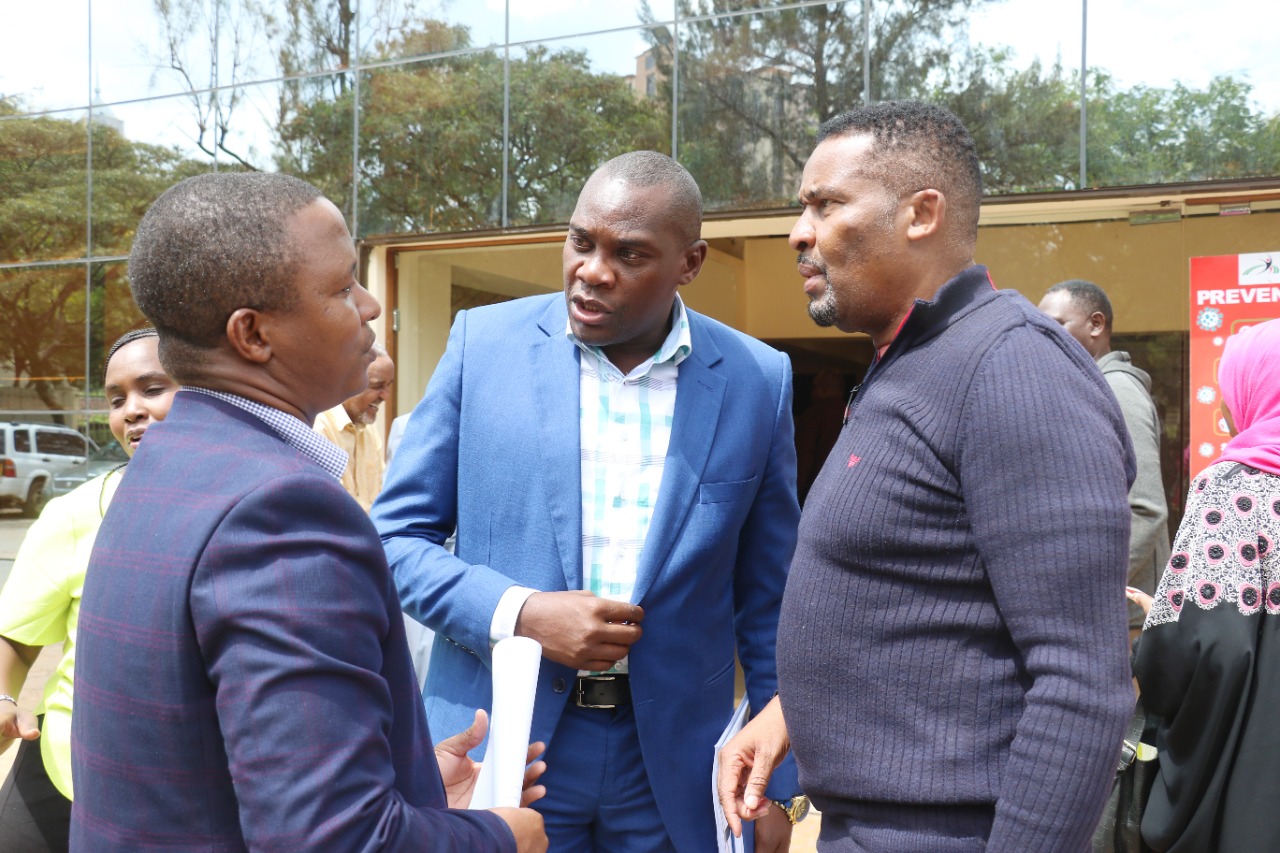
Also amended was the contentious Article 5, which initially proposed that only clubs that had been active for 75 per cent of the past three seasons would be eligible to vote in the fourth year or election year.
Clause 2 of the same article was also amended by inserting the phrase "only clubs with good standing that have participated in the FKF Leagues in the previous seasons and are currently active will be eligible to vote at the Sub-County elections.”
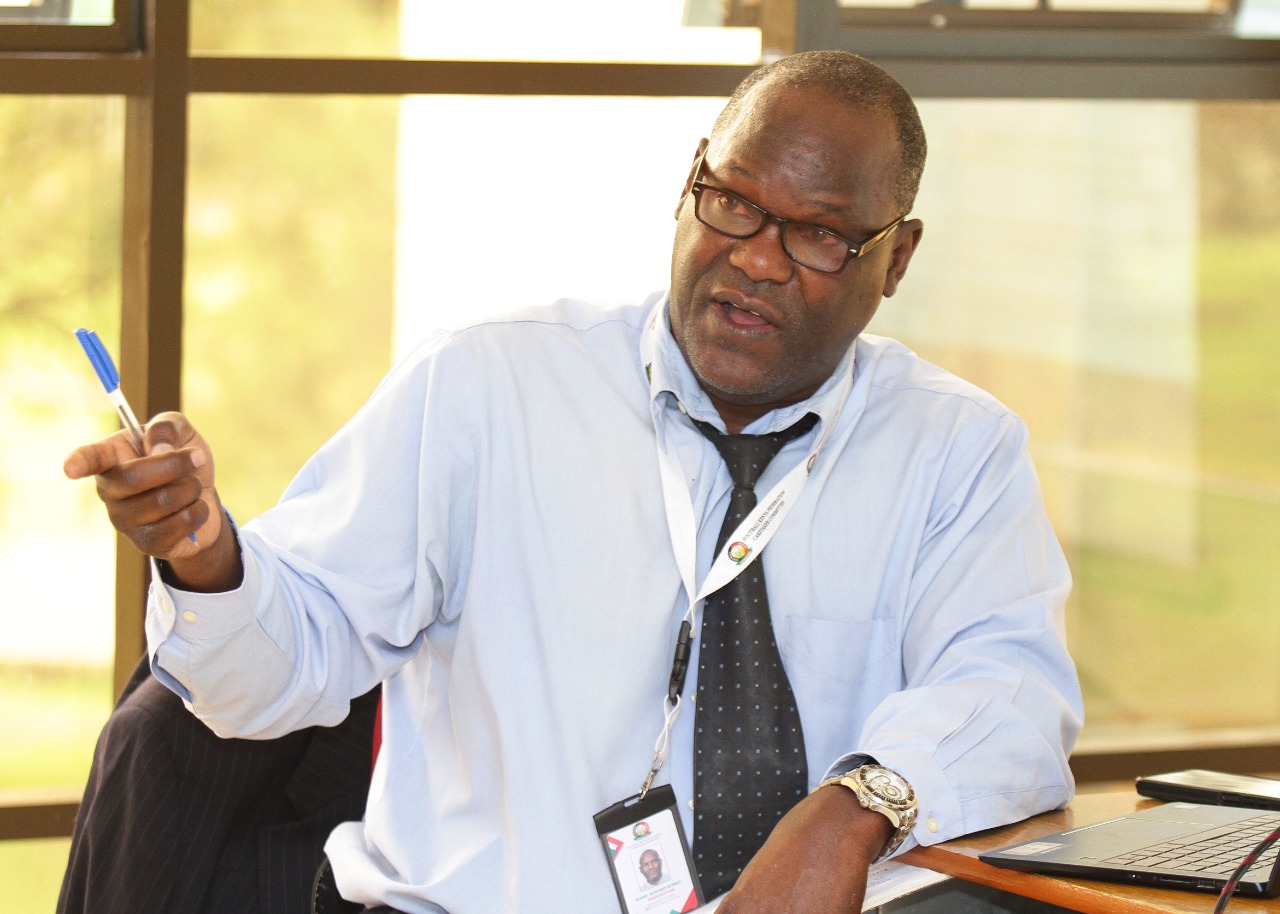
Wazito FC CEO Dennis Gicheru has called on the Caretaker Committee to consider enforcing a rule of compliance in the area of candidates vying for seats in the national office but have commitments with their clubs.
Gicheru said there needed to be an obvious method through which a club official wanting to be promoted to the national leadership level can surrender his seat ahead of elections to avoid conflicts.
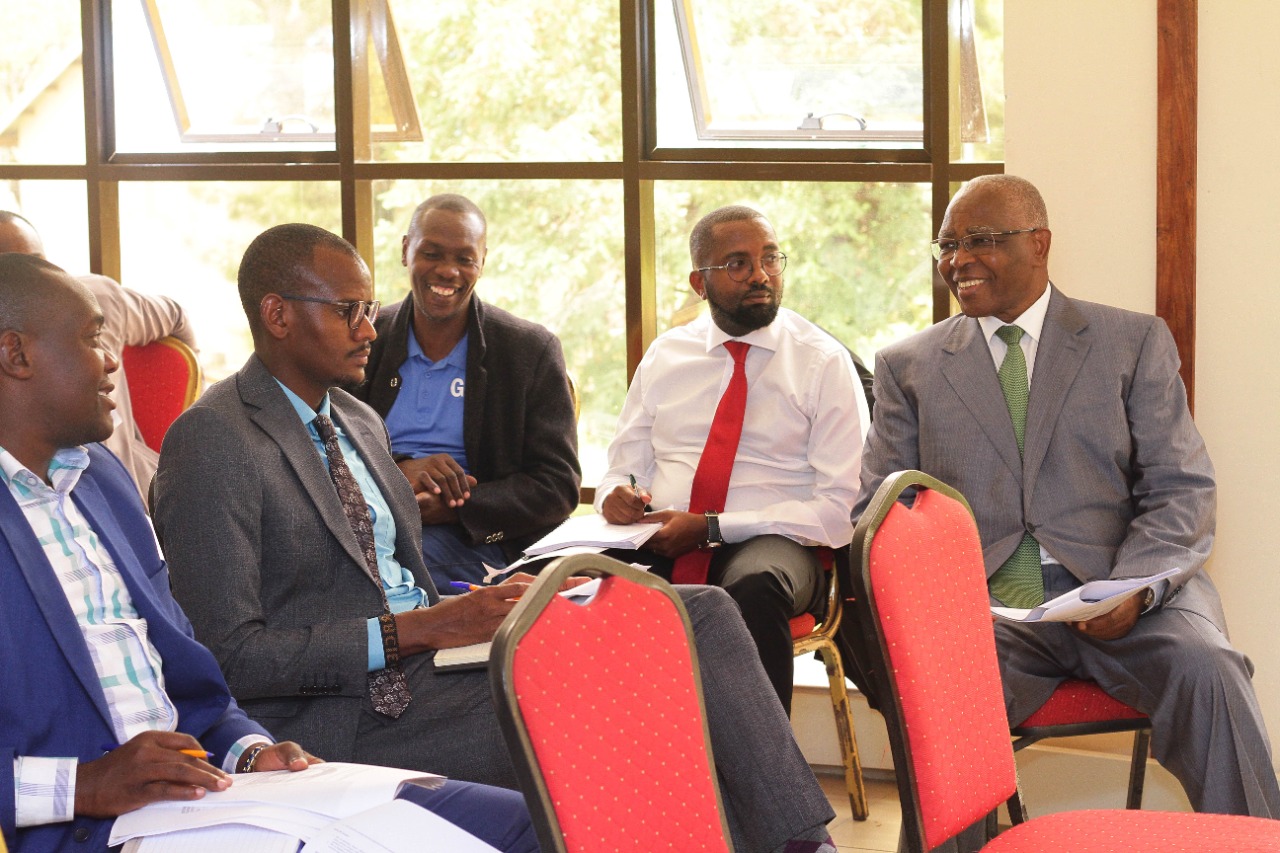
"There needs to be a clear method where we know that at a certain period, a club official who wants to be elevated to national leadership can surrender his seat in anticipation of elections. Otherwise, there will be a lot of conflicts in between which are not healthy for the image of the game," Gicheru said.

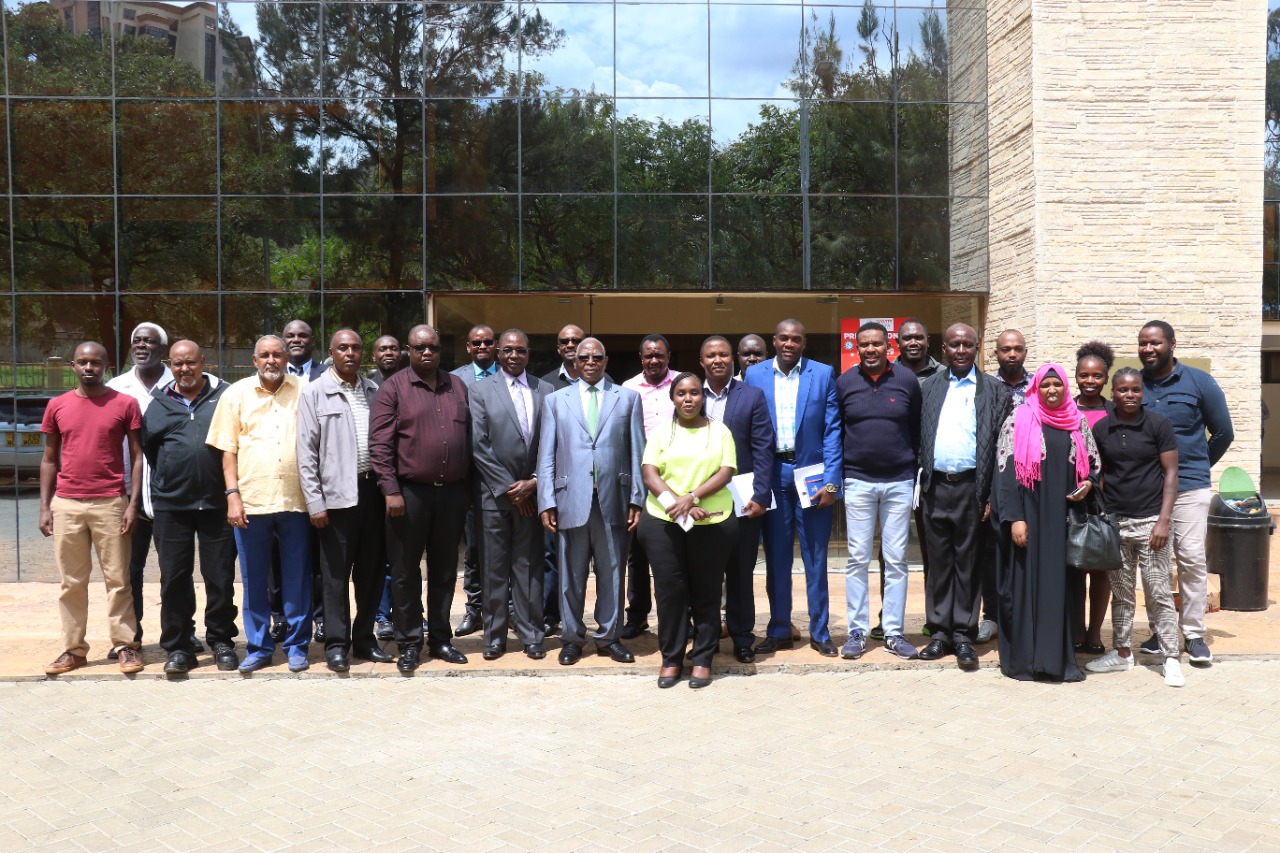
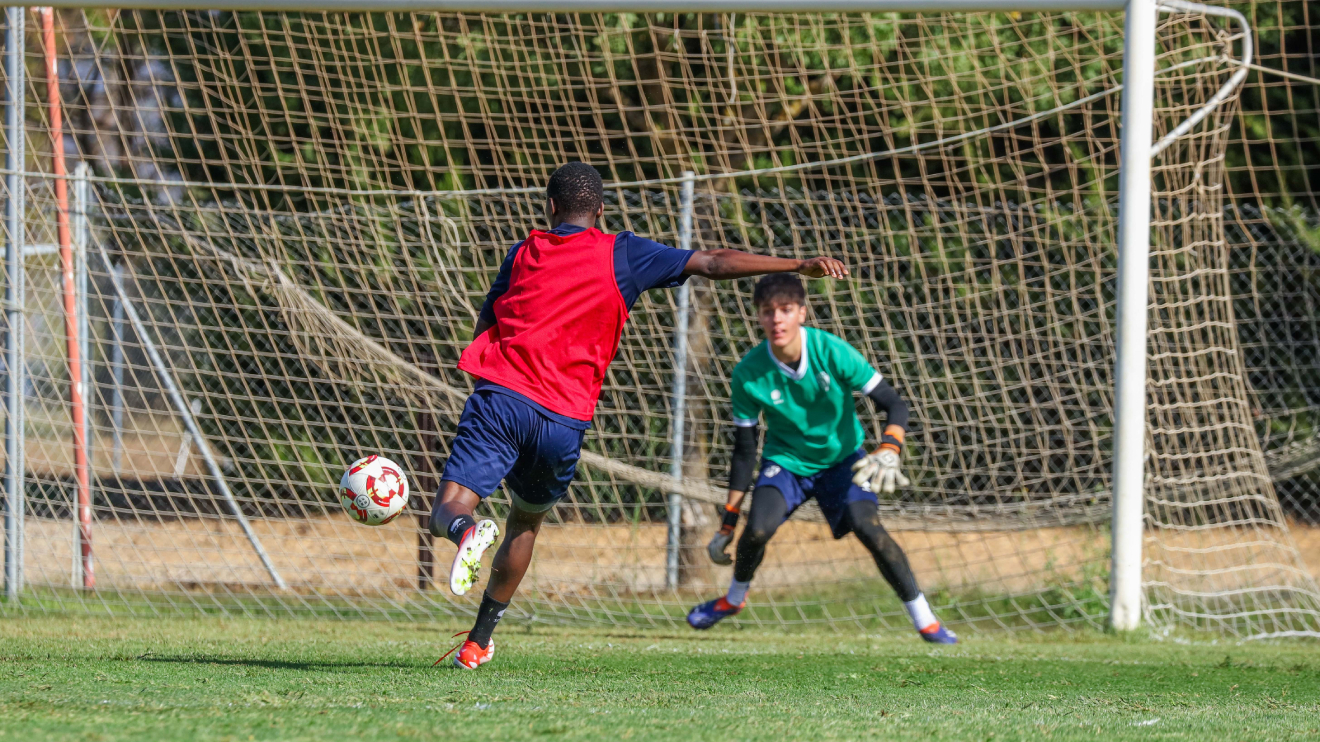
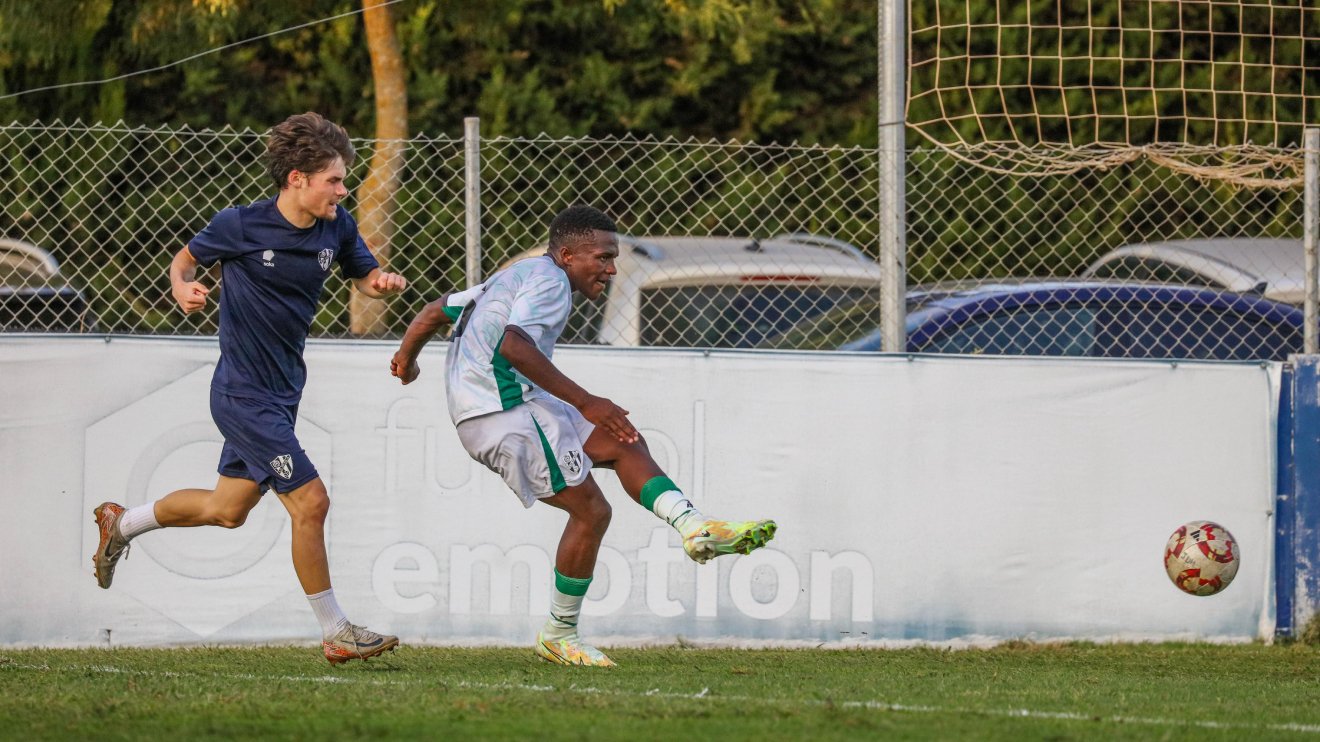
-1757457290.jpg)
-1757461010.jpg)

-1757244564.jpg)
 shares a light moment with the company's Group CEO Dr Patrick Tumbo (right) at a past event-1758121528.jpeg)
-1758116028.jpeg)


